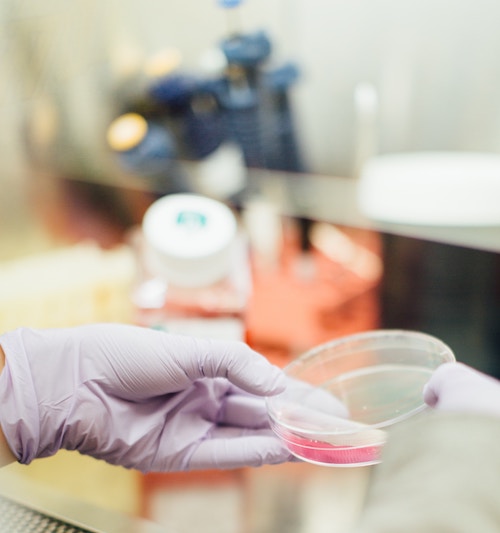
The primary question at issue in this case will hinge on whether or not claims for personal injury, i.e. wrongful death, can be filed or whether the damages are strictly related to property damage.
The issue of cell, tissue, and body party ownership was most famously addressed in the Supreme Court case of Moore v. Regents of the University of California. In that case, a leukemia patient at the UCLA medical center had numerous cells and fluid excised from his body during treatment. Those cells and fluids were used to make a “cell line” that went on to be very profitable in the treatment of other leukemia patients. Moore sued to recover profits used from his cells that he claimed were stolen property. The Supreme Court disagreed with Moore stating that he abandoned that property and willingly gave over his “property”.
From that case forward, a vast majority of lawsuits involving a dispute over human tissue or cells treats those cells as property. In fact, in 2016, a divorce court in Missouri made headlines when a divorcing couple argued over the use of the wife’s frozen embryos. The court in that case held that the embryos should be divided as marital property instead of applying custody standards.
Thus, in this case, it is likely that the claims filed against the Cleveland Clinic will be property claims, which should not imply that they are minor or insignificant claims, but only that damages for things like mental anguish and pain and suffering are not likely to succeed because those are strictly related to personal harm.
Would Alabama law possibly allow for personal claims to be made? The answer is far cloudier as a result of a state supreme court ruling that allowed the mother of a six-week old embryo the right to file for wrongful death after miscarrying following negligent medical care. The Court in that case held that the mother had the right to file the case “regardless of the viability” of the fetus, which suggests that the Court believes personhood starts prior to birth.[1]
Some other areas of liability for a fertility clinic that mishandles human embryos may also be found in the contract agreement between the clinic and the patient. There is likely an acceptance of responsibility for the protection and viability of these embryos in exchange for the patient or client paying for that service. If the clinic or lab fails to uphold their end of the bargain by not preserving the embryos for viability, then the patient or client would have an obvious case for breach of contract in addition to any property claims.
Finally, if the frozen embryos at the Cleveland clinic were harmed as a result of an equipment malfunction or a defective part, then the manufacturer of that equipment may be held liable for damages on a theory of Product Liability. Products liability cases allow for people to recover damages to repair harm caused to their person or to their property on account of some defective design or unsafe condition of a product, inherent flaw in the design of the product, or a failure to warn about conditions of the product.
As for criminal liability, the chances are very low that criminal charges will be filed as a result of this unfortunate mistake. Criminal offenses require specific intent to perform an unlawful or illegal act. While causing harm to property (or people) is an unlawful act, there is no proof that the lab or an employee of the lab acted with specific intent to harm these frozen embryos. Rather, if the cause was human mistake or an equipment malfunction, then criminal liability is not likely.